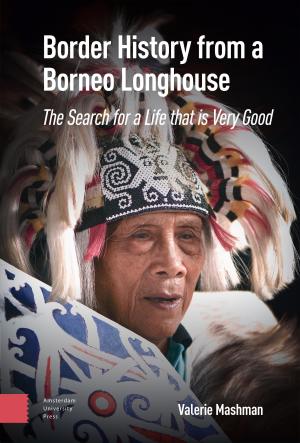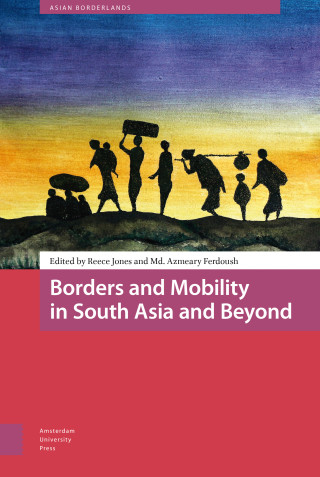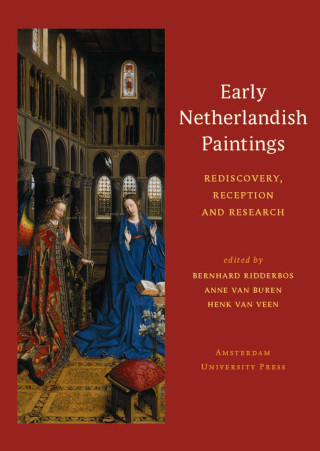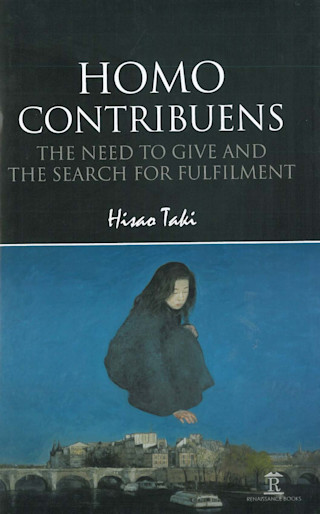

- Title
- Border History from a Borneo Longhouse
- Subtitle
- The Search for a Life that is Very Good
- Author
- Valerie Mashman
- Price
- € 122,00 excl. VAT
- ISBN
- 9789463723459
- Format
- Hardback
- Number of pages
- 274
- Language
- English
- Publication date
- 08 - 07 - 2024
- Dimensions
- 15.6 x 23.4 cm
- Discipline
- Asian Studies
- Preview
- Download Preview
- Also available as
- eBook PDF - € 121,99
List of Figures
Chapter 1: Introduction
Chapter 2: The Longhouse and Connections Across Borders
Chapter 3: Oral Narratives and Underlying Values
Chapter 4: Methods for Researching the Narratives
Chapter 5: Warfare and the Migrations of Our People
Chapter 6: The Search for the “Life of Government”
Chapter 7: The Beginning of “The Life of Prayer”
Chapter 8: Conclusion
References
Appendices
Valerie Mashman
Border History from a Borneo Longhouse
The Search for a Life that is Very Good
A headman of a remote Kelabit longhouse in Borneo is wrestling with recent changes caused by logging and roadbuilding. During this time of tension, he tells three historical narratives defining what makes the good life. His stories of history celebrate pioneering heroes who led through warfare and migrations, who interact with the Brooke state and initiate peace-making, and who journey to seek local Christian missionaries. This microhistory highlights the resilience of values in the face of transformative change, values providing a cultural structure for the Kelabit to redefine and adapt whilst maintaining their identity as a community.
This work is relevant to Austronesian studies, Southeast Asian history, oral history, the anthropology of value, sociality and ethnic identity, Christian conversion, and issues of borderlands, decolonization, and indigeneity. It is of interest to readers concerned with the history of transnational peoples of Borneo, including the Kelabit, Sa’ban, Kenyah, Ngurek, Penan, and the Lun Dayeh.
This work is relevant to Austronesian studies, Southeast Asian history, oral history, the anthropology of value, sociality and ethnic identity, Christian conversion, and issues of borderlands, decolonization, and indigeneity. It is of interest to readers concerned with the history of transnational peoples of Borneo, including the Kelabit, Sa’ban, Kenyah, Ngurek, Penan, and the Lun Dayeh.
Author
Valerie Mashman
Valerie Mashman is an Associate Research Fellow at the Institute of Borneo Studies, Universiti Malaysia Sarawak. Her research interests in the field of anthropology examine issues of oral history and narratives, peace-making, values and social change, indigeneity, gender and material culture with a particular focus on indigenous peoples of Borneo.



